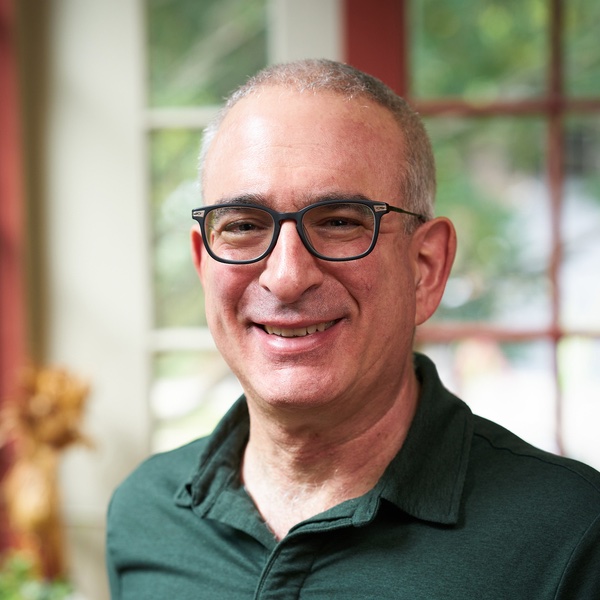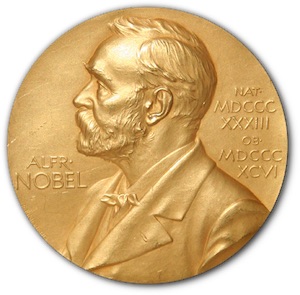PHYSIOLOGY OR MEDICINE

Ardem Patapoutian
ΦBK, University of California, Los Angeles
Ardem Patapoutian (ΦBK, UCLA) of the Howard Hughes Medical Institute and Scripps Research and David Julius of University of California, San Francisco share the 2021 Nobel Prize in Physiology or Medicine for their discoveries of receptors for temperature and touch.
Patapoutian used pressure-sensitive cells to discover a novel class of sensors that respond to mechanical stimuli in the skin and internal organs. Julius utilized capsaicin, a pungent compound from chili peppers that induces a burning sensation, to identify a sensor in the nerve endings of the skin that responds to heat. Their resulting discoveries of the TRPV1, TRPM8, and Piezo channels have revealed how heat, cold, and mechanical force can initiate the nerve impulses that allow us to perceive and adapt to the world around us.
Intensive ongoing research originating from these discoveries focusses on elucidating their functions in a variety of physiological processes. This knowledge is being used to develop treatments for a wide range of disease conditions, including chronic pain.
ECONOMICS

Joshua D. Angrist
ΦBK, Oberlin College
Half of the 2021 Nobel Prize in Economic Sciences was awarded to David Card of the University of California, Berkeley for his empirical contributions to labor economics. The other half was awarded jointly to Joshua D. Angrist (ΦBK, Oberlin College) of the Massachusetts Institute of Technology and to Guido W. Imbens of Stanford University for their methodological contributions to the analysis of causal relationships.
Using natural experiments, Card analysed the labor market effects of minimum wages, immigration, and education. Angrist and Imbens demonstrated how precise conclusions about cause and effect can be drawn from natural experiments. The key is to use situations in which chance events or policy changes result in groups of people being treated differently, in a way that resembles clinical trials in medicine.
This year’s winners have provided new insights that challenge conventional wisdom about the labor market and shown what conclusions about cause and effect can be drawn from natural experiments. Their approach has spread to other fields and revolutionized empirical research.




